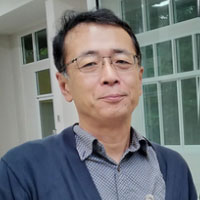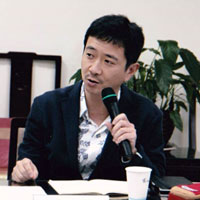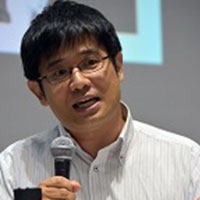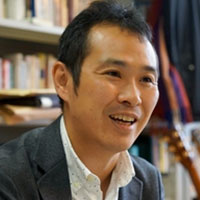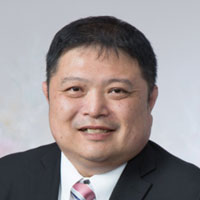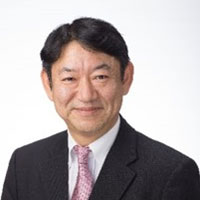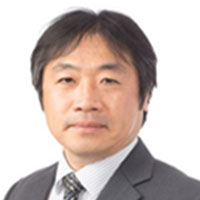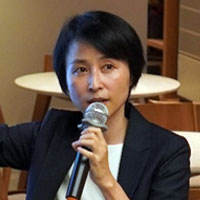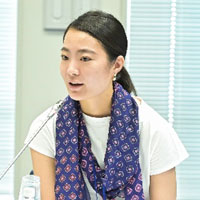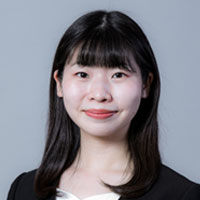Fumio Nagai got a bachelor’s degree from Kyoto University in 1990. He pursued Thai political history at Graduate School of Law, Kyoto University. After working at the Center for Southeast Asian Studies, Kyoto University as research associate, currently he is a Professor at Graduate School of Law, Osaka Metropolitan University. His research interest covers Thai politics, local governance in Southeast Asia, international relations in Asia-Pacific and Southeast Asia. His major publication includes Changing Local Government and Governance in Southeast Asia (co-editor), JETRO-IDE, 2012 [in Japanese], Local Government in Thailand (co-editor), IDE-JETRO, 2008, Quantitative Analysis of Local Governance in Southeast Asia: Local Elite Surveys in Thailand, the Philippines and Indonesia (co-editor), Koyo Shobo, Kyoto, 2019 [in Japanese], etc.
Fumio Nagai
Professor, Graduate School of Law, Osaka Metropolitan University
